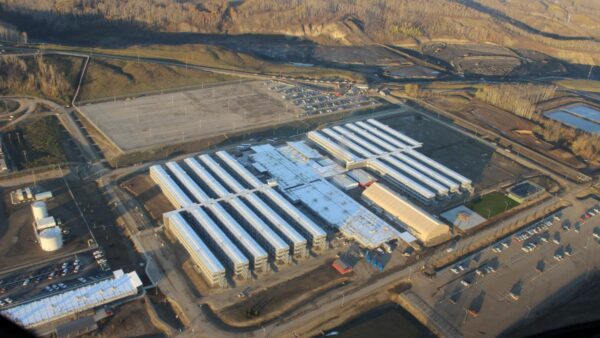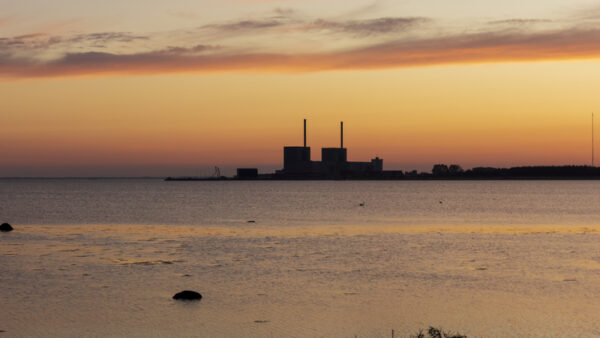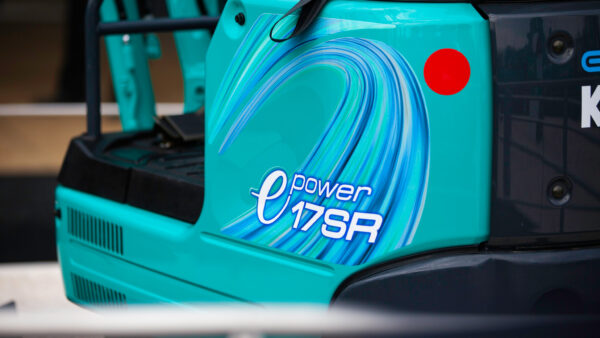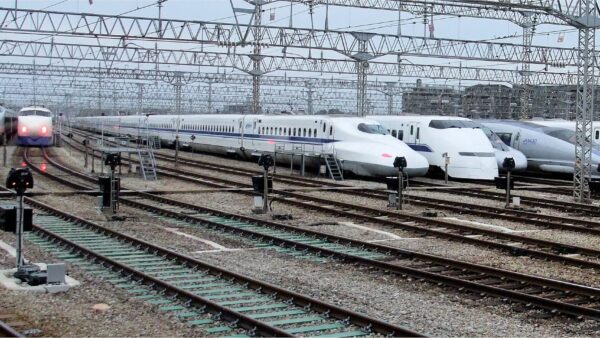Insisting they are too expensive and slow, Mexican President Andrés Manuel López Obrador has rejected the bids of world-class engineering teams for an $8bn new oil refinery, vowing that the Mexican government would deliver the project itself.
The four contenders, billed by Obrador as “the best in the world”, were Houston-based KBR, Technip of France and two consortiums made up of US engineer Bechtel with Italy’s Techint, and Jacobs Engineering, also of the US, with Australia’s WorleyParsons.
Of the four, one decided not to bid and the other three said they could do it for between $10bn and $12bn in four to six years.
But the budget is $8bn, and Obrador wants it done in three years.
“The tender was declared void as companies were asking too much, beyond the $8bn budget and the three years deadline,” he said. “We aren’t going to do any project we can’t conclude within my presidential term.”
The president said Energy Secretary RocÃo Nahle would run the scheme, along with state-owned oil company, Pemex. Work will begin on 2 June and will be completed in three years, he added.
The refinery, which will be built near the southern town of Dos Bocas on the coast of the Caribbean, will include 17 processing plants and 93 storage tanks, as well as access to highways, a rail line and docking for ships. When complete it will be Mexico’s seventh refinery, but the first to be built in the past 40 years.
Last year Mexico consumed 1.2 million barrels of fuel per day but produced only 360,000 barrels, leaving imports to make up the difference, Pemex director general Octavio Romero Oropeza said.
Critics of the decision have pointed out that Pemex is struggling with enormous debts, largely caused by losses in its refining division. The debts are valued at more than $106bn, and its refining facilities currently run at less than 40% of capacity.
The Mexican Institute for Competitiveness carried out a financial analysis of the scheme last month, after which it estimated that there was a 98% chance that the refinery would generate more costs than benefits.
Image: The oil port of Dos Bocas (ProtoplasmaKid/CC BY-SA 4.0)
Further reading:










